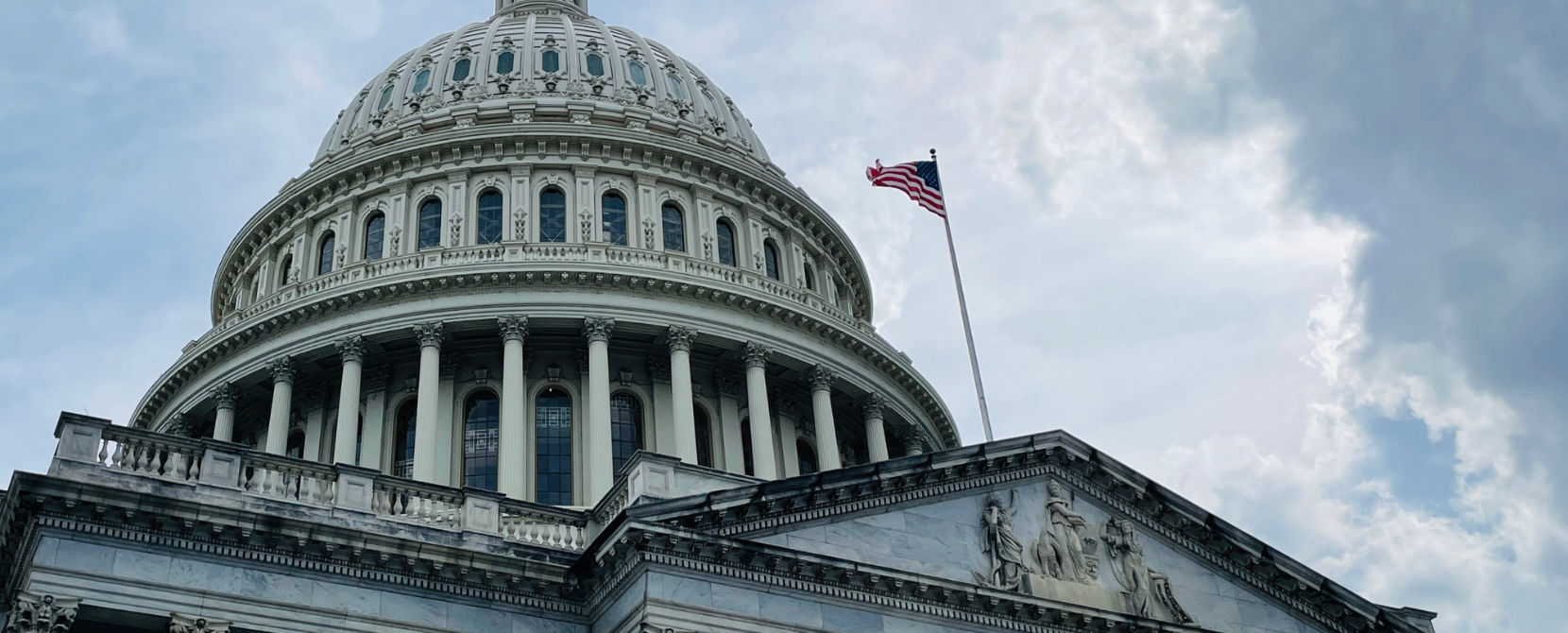While federal workers scrambled to pay bills during the October 2023 government shutdown, something curious happened on Wall Street. Defense contractors saw their stock prices rise. Federal IT companies reported steady revenue streams. And private security firms landed lucrative “emergency” contracts to fill gaps left by furloughed government employees.
Welcome to the dirty secret of modern government shutdowns: they’ve become a wealth transfer mechanism from working families to corporate boardrooms, wrapped in the rhetoric of fiscal responsibility.
The Shutdown Profit Pipeline
Here’s how the game works. When politicians threaten a shutdown, federal contractors keep receiving payments while the government employees who oversee those contracts get sent home. It’s like firing the referees but letting the game continue.
During the 2018-2019 shutdown—the longest in U.S. history—major defense contractors like Lockheed Martin and Raytheon continued operations largely uninterrupted. Meanwhile, 800,000 federal workers went without paychecks, many turning to food banks and gig work to survive.
“The contracts keep flowing, but the accountability stops,” explains Linda Martinez, a former federal contracting officer who witnessed three shutdowns during her 20-year career. “We’d come back from furlough to find contractors had been operating with essentially no oversight for weeks.”
The numbers tell the story. A Government Accountability Office analysis found that the 2018-2019 shutdown cost taxpayers $11 billion—$3 billion of which will never be recovered. Yet during that same period, the top 100 federal contractors saw their combined market value increase by $40 billion.
Manufacturing Crisis for Maximum Profit
The pattern has become predictable: Republicans threaten a shutdown, Democrats negotiate to keep government running, and in the chaos, corporate interests clean up. It’s political theater that generates real profits.
Consider Elon Musk’s role in derailing the December 2024 budget deal. His social media campaign against the bipartisan agreement helped push the government to the brink—while his companies Tesla and SpaceX hold billions in federal contracts that would continue flowing even during a shutdown.
This isn’t coincidence; it’s strategy. Each shutdown weakens public confidence in government services, making privatization seem like the sensible solution. “Government doesn’t work,” politicians declare, after sabotaging government operations.
Wall Street loves the volatility too. Currency traders and hedge funds profit from the uncertainty, while ordinary investors watch their 401(k)s fluctuate with each shutdown threat.
The Small Business Squeeze
While big contractors weather shutdown storms, small businesses get crushed. Sarah Chen owns a landscaping company in Virginia that maintains federal properties. During shutdowns, her invoices go unpaid for months, forcing her to lay off workers and drain savings.
“The big guys have credit lines and cash reserves,” Chen explains. “Small businesses like mine? We’re just trying to keep the lights on.”
Meanwhile, large facilities management companies swoop in with “emergency services” contracts, often at premium rates, to maintain the same properties Chen’s company had been servicing at lower cost.
The Privatization Playbook
Each shutdown advances a decades-long agenda to privatize government functions. When the Social Security Administration furloughs workers, private companies market their services to confused seniors. When national parks close, private tour companies promote exclusive access to remaining open spaces.
The Veterans Affairs shutdown in 2018 provides a perfect example. As VA hospitals reduced services, private healthcare companies saw increased demand—and higher profits—from veterans forced to seek care elsewhere.
“It’s disaster capitalism,” says Dr. Robert Chen, a public administration professor at State University. “Create the crisis, then profit from the solutions.”
Following the Money Trail
The financial incentives are clear when you follow political donations. Defense contractors consistently rank among the top political donors, splitting contributions between parties but favoring Republicans who promise less oversight.
These same contractors benefit most from shutdown dysfunction. Reduced oversight means fewer questions about cost overruns. Market volatility creates opportunities for strategic trading. And each crisis builds the case for privatizing more government functions.
Real Costs, Hidden Benefits
For working families, shutdowns mean delayed tax refunds, closed national parks, and reduced food safety inspections. For corporate interests, they mean opportunity.
During the 2013 shutdown, food safety inspectors were furloughed just as private food testing companies saw demand spike. Environmental monitoring stopped while polluting industries operated with reduced scrutiny.
The human cost is real and immediate. Federal workers—who are disproportionately middle-class, diverse, and union-represented—bear the financial burden while wealthy shareholders reap the rewards.
Local Communities Pay the Price
In communities that depend on federal facilities, shutdowns devastate local economies. Around military bases, national labs, and federal offices, restaurants close early, hotels see cancellations, and local contractors lose business.
But national corporations with diversified portfolios barely notice. They can shift resources, delay projects, or simply wait out the crisis while earning interest on their cash reserves.
Breaking the Cycle
Some solutions are straightforward but require political will:
- Automatic continuing resolutions: Prevent shutdowns by automatically continuing current funding levels until new budgets pass
- Contract oversight requirements: Require skeleton crews to monitor federal contractors during any future shutdowns
- Financial disclosure: Force politicians to disclose any investments that benefit from government dysfunction
- Small business protection: Create emergency payment systems to ensure small contractors receive prompt payment during crises
Several states have implemented automatic budget mechanisms that prevent shutdowns entirely. These systems prioritize essential services while continuing negotiations—without creating corporate windfalls.
Demanding Accountability
Citizens can demand transparency about who benefits from shutdown threats. When politicians manufacture budget crises, voters should ask: Who profits? Which contractors keep getting paid? What stocks are rising while government workers suffer?
The answers reveal a system designed to benefit corporate interests at public expense—a form of welfare for the wealthy disguised as fiscal conservatism.
Government shutdowns aren’t inevitable disasters; they’re manufactured crises that serve specific interests. Until we recognize the profit motives behind the political theater, working families will continue paying the price for corporate welfare schemes wrapped in patriotic rhetoric.
The next time politicians threaten to shut down government, follow the money. The trail leads from empty federal worker paychecks straight to corporate bank accounts—and reveals exactly who benefits from keeping government broken.
